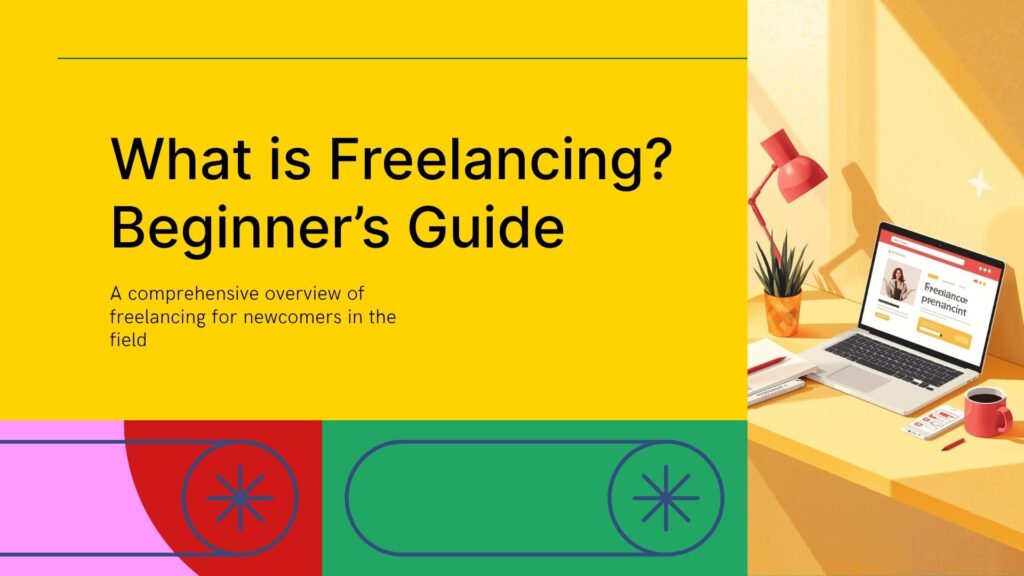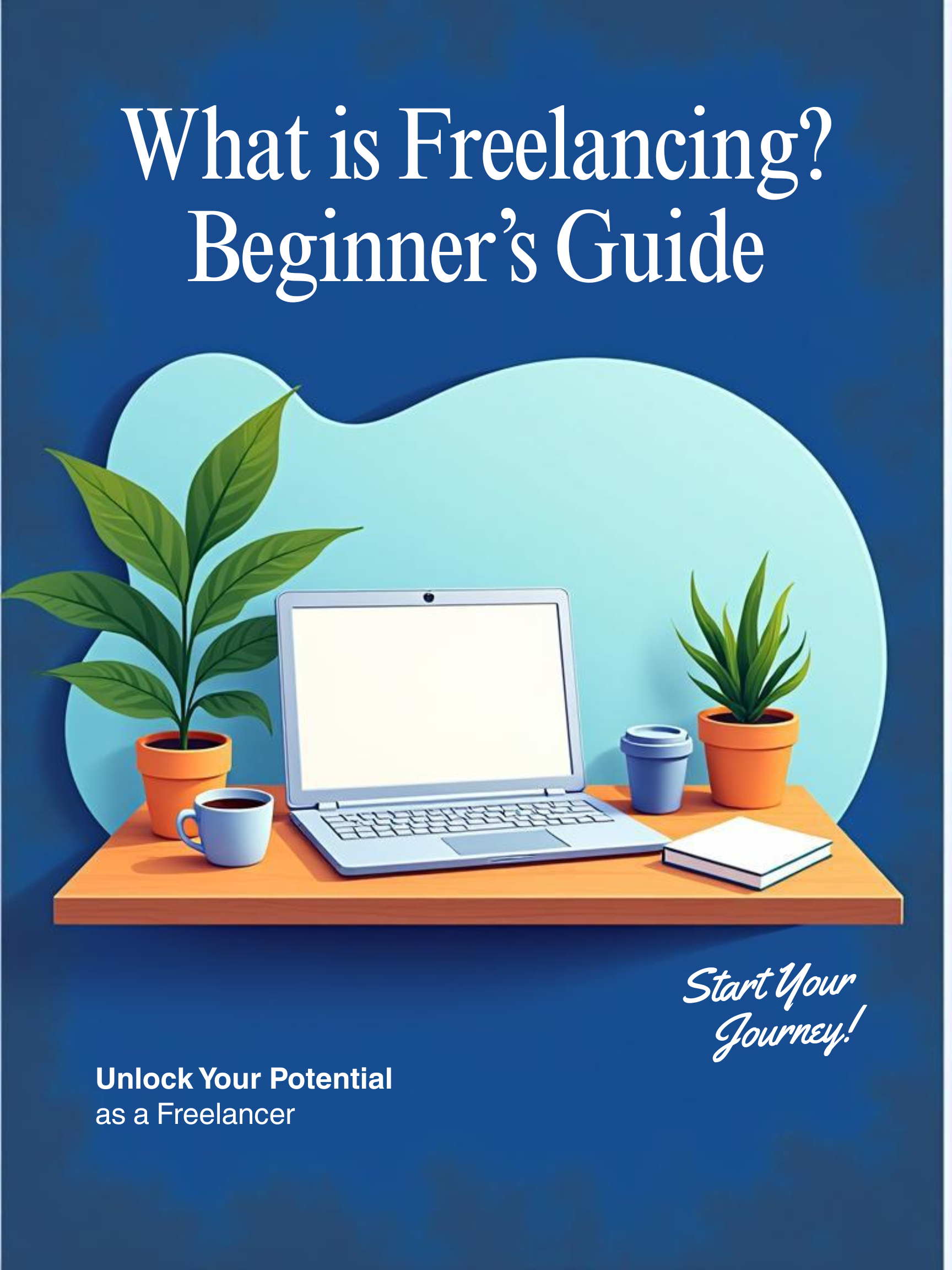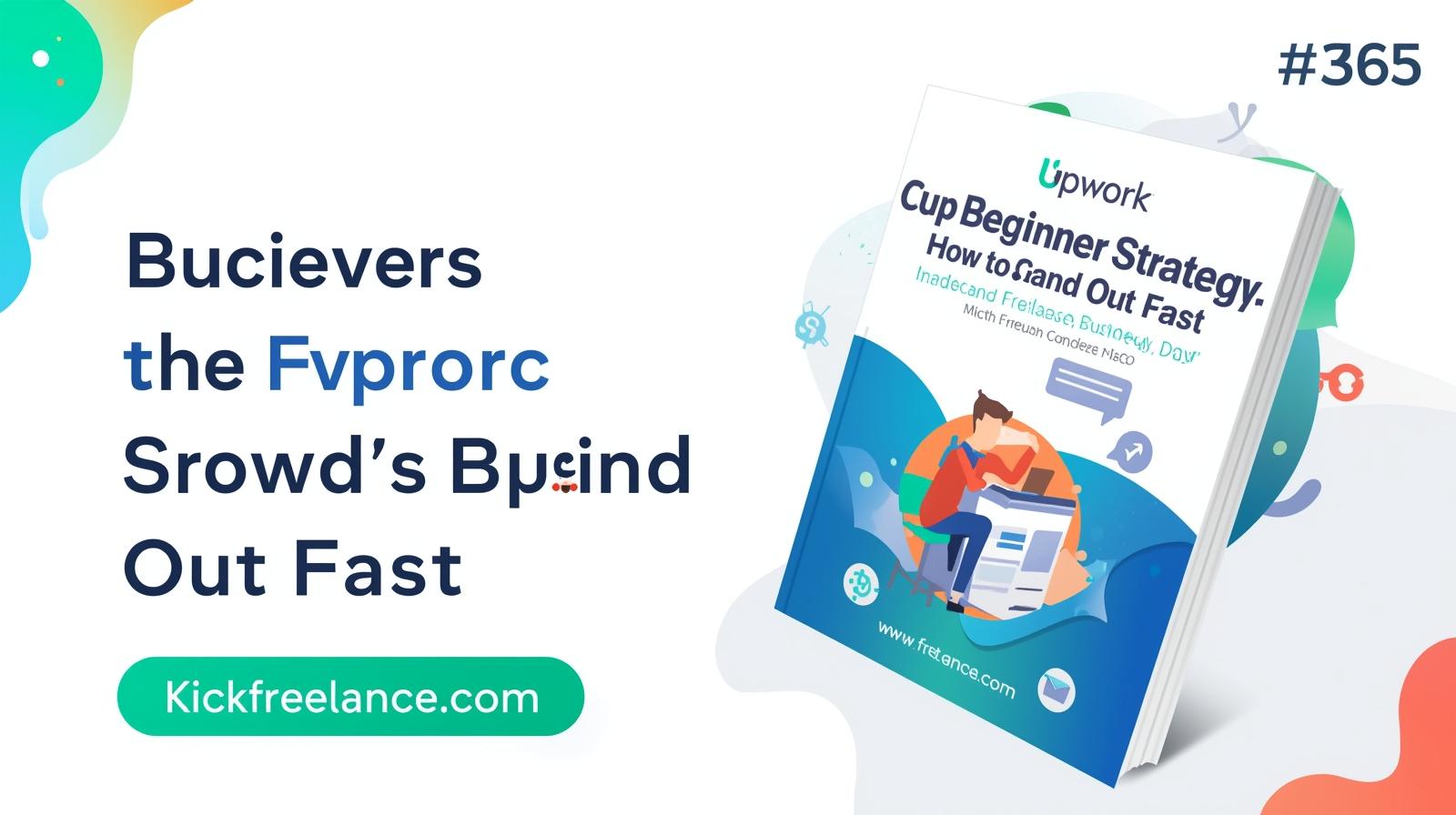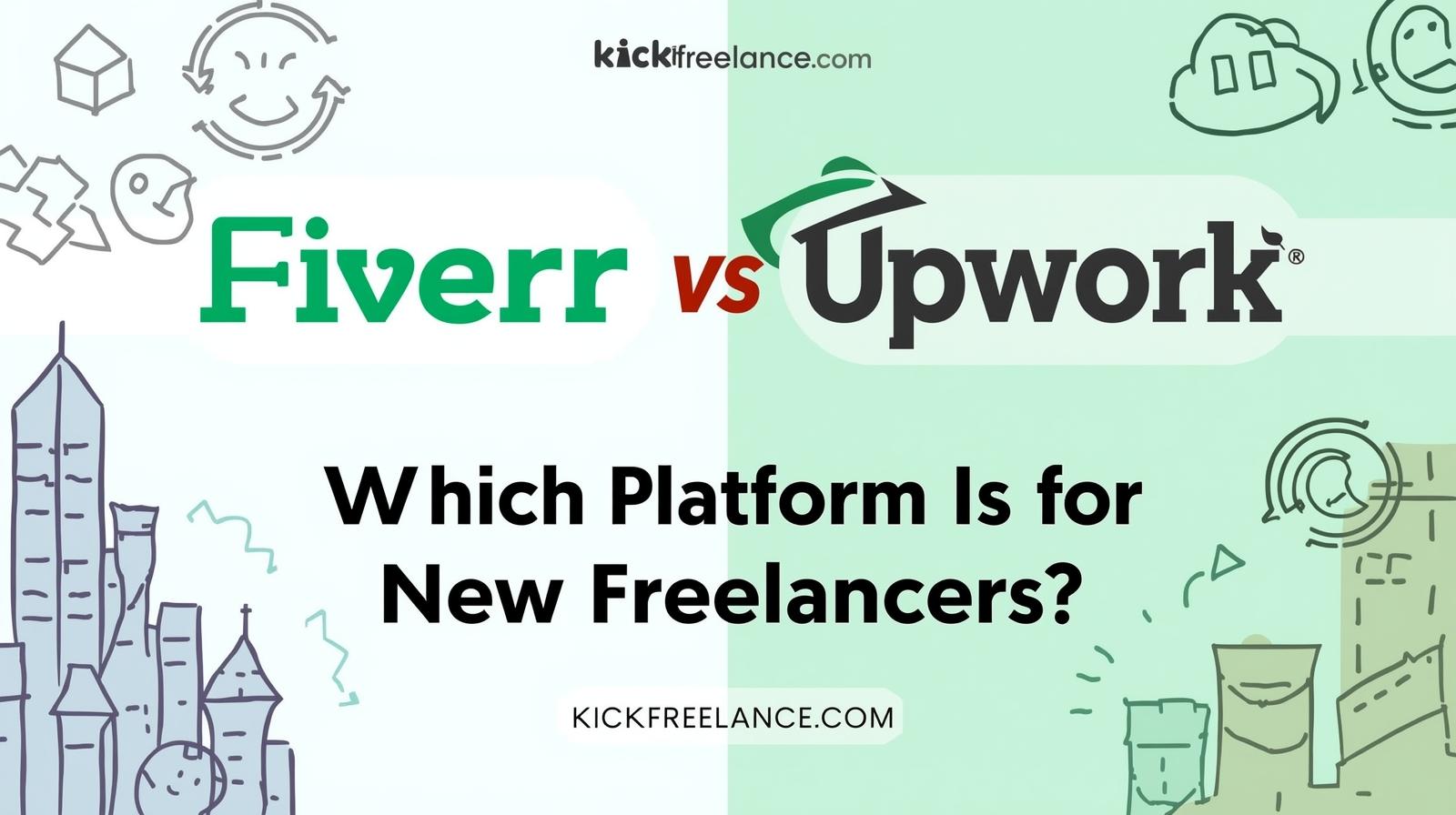In today’s digital age, freelancing has become one of the most popular ways to earn money, build a career, and enjoy professional independence. From graphic designers and writers to developers and virtual assistants, millions of people around the world are choosing freelancing as a career path. But what exactly is freelancing? How does it work? And most importantly, how can a beginner start their journey? This guide will answer all your questions.

What is Freelancing?
Freelancing is a type of self-employment. where individuals offer their skills and services to clients on a project or contract basis. Instead of working for one company full-time, freelancers can work with multiple clients, often choosing their own projects, schedules, and rates.
For example, a freelance writer may create articles for three different companies. While a freelance web developer may design websites for multiple small businesses. This flexibility allows freelancers to control their workload, income, and career direction.
In simple terms, freelancing is about working independently and being your own boss.
Why Freelancing is Growing Worldwide
Freelancing has been around for decades. But it has grown rapidly in recent years due to the rise of technology and remote work. Here are a few reasons why freelancing is more popular than ever:
- Global Opportunities – With platforms like Upwork, Fiverr, and Freelancer.com, freelancers can connect with clients anywhere in the world.
- Flexible Workstyle – Freelancers can choose when and where to work, whether from home, a co-working space, or while traveling.
- Unlimited Earning Potential – Unlike fixed salaries, freelancers can set their rates and increase income as their skills and reputation grow.
- Skill Demand – Businesses increasingly prefer hiring freelancers for short-term projects instead of employing full-time staff, reducing their costs while still getting expert services.
- Work-Life Balance – Many freelancers enjoy the freedom of managing their personal lives without being tied to a strict office routine.
Pros and Cons of Freelancing
Like any career choice, freelancing has its advantages and challenges. Understanding both will help you decide if it’s the right path for you.
Advantages
- Flexibility: Work when and where you want.
- Variety: Different projects and clients keep the work interesting.
- Control: Choose clients, set your rates, and decide your workload.
- Growth: Learn new skills faster by working on diverse projects.
Challenges
- Unstable Income: Some months may bring high earnings, while others may be slow.
- No Job Benefits: Unlike traditional jobs, freelancers don’t get health insurance, bonuses, or paid leave.
- Self-Discipline Needed: You are responsible for managing your time and productivity.
- Finding Clients: Beginners may struggle to secure their first few projects.
How to Start Freelancing as a Beginner
If you’re new to freelancing, the process may feel overwhelming. But with the right approach, you can get started quickly. Follow these steps:
1. Identify Your Skills
Start by listing what you are good at. Popular freelance skills include writing, graphic design, web development, social media management, video editing, data entry, and digital marketing.
Ask yourself: What services can I provide that businesses or individuals will pay for?
2. Build a Portfolio
Even if you’re just starting out, create sample work to showcase your skills. For example, a new graphic designer can design mock logos, while a writer can draft blog posts on trending topics. A portfolio gives clients confidence in your abilities.
3. Choose a Freelance Platform
Sign up on freelance marketplaces such as:
- Upwork – Popular for long-term projects.
- Fiverr – Great for offering small services (“gigs”).
- Freelancer.com – Suitable for beginners to bid on projects.
- Toptal – Premium platform for highly skilled professionals.
These sites connect you with clients, provide payment security, and help you build credibility.
4. Set Your Rates
As a beginner, it’s okay to start with slightly lower rates to attract clients and build reviews. Once you gain experience, increase your prices to match your skill level and market demand.
5. Apply for Projects
Write professional proposals when applying for projects. Highlight your skills, experience, and how you can solve the client’s problem. Avoid copy-pasting proposals—personalization increases your chances of success.
6. Deliver Quality Work
Your reputation as a freelancer depends on the quality of your work. Always meet deadlines, communicate clearly with clients, and exceed expectations when possible. Happy clients often return with more projects and refer you to others.
7. Keep Learning and Growing
Freelancing is competitive, so continuously improve your skills. Take online courses, learn new tools, and stay updated with industry trends.
Best Freelance Skills in 2025
As technology evolves, certain freelance skills are in high demand. Here are some of the top freelance skills in 2025:
- Web Development & App Development
- Graphic Design & Branding
- Content Writing & Copywriting
- Social Media Marketing
- Search Engine Optimization (SEO)
- Video Editing & Animation
- Virtual Assistance & Customer Support
- Data Analysis & Artificial Intelligence Tools
Learning one or more of these skills can increase your chances of landing high-paying freelance projects.
Tips for Success as a Freelancer
- Be Professional – Treat freelancing like a business. Communicate clearly, respect deadlines, and deliver high-quality work.
- Create an Online Presence – Build a LinkedIn profile, a personal website, or a portfolio to showcase your work.
- Start Small but Dream Big – Don’t be discouraged if your first project is small. Each project builds your reputation.
- Network with Other Freelancers – Join online communities, share tips, and collaborate. Networking often leads to new opportunities.
- Manage Your Finances – Track your income, set aside savings, and plan for taxes.
Is Freelancing Right for You?
Freelancing is not for everyone. Some people thrive on the independence and variety, while others prefer the stability of a regular paycheck. If you value flexibility, self-growth, and control over your career, freelancing may be the perfect choice. However, be prepared for challenges such as irregular income and the need for constant self-discipline.
Final Thoughts
Freelancing has transformed the way people work and earn. It gives you the freedom to be your own boss. explore creative projects, and connect with clients worldwide. For beginners, the journey may feel challenging at first, but with dedication, patience, and continuous learning, freelancing can become a rewarding and sustainable career.
If you’re ready to take the leap, start small, build your skills, and stay consistent. Over time, freelancing can open doors to endless opportunities, financial independence, and a lifestyle tailored to your dreams.



